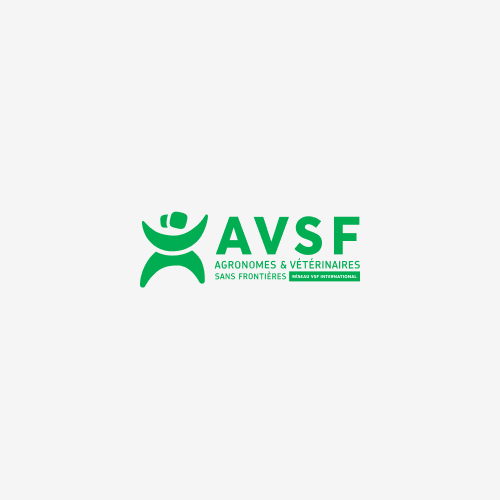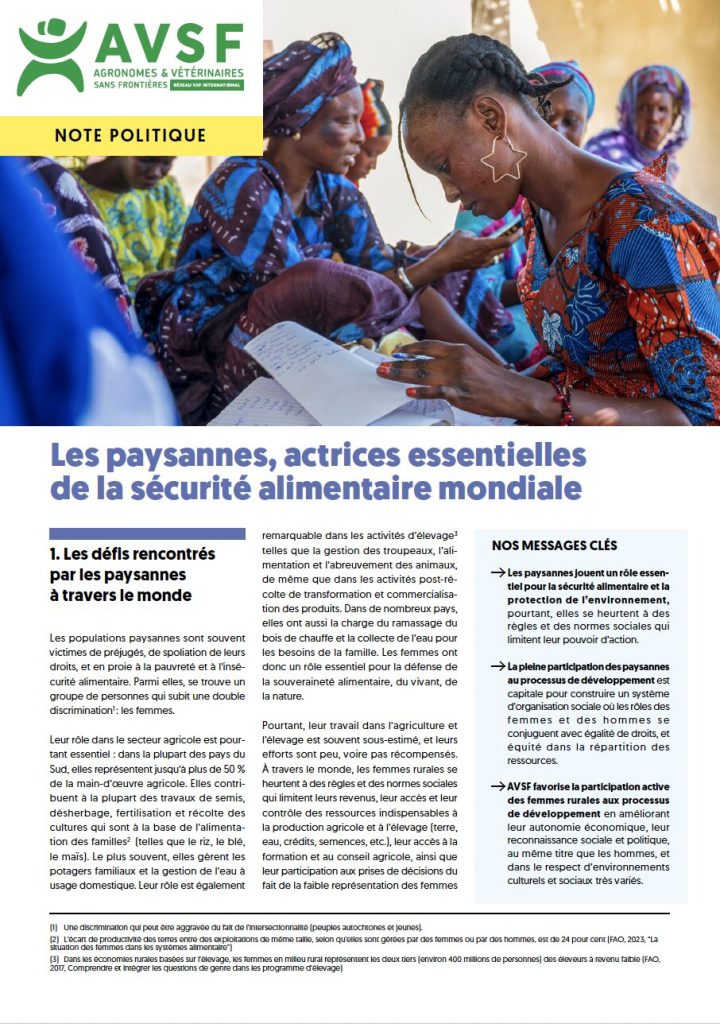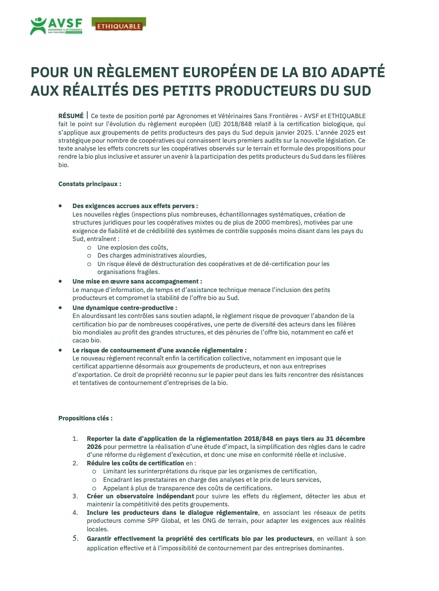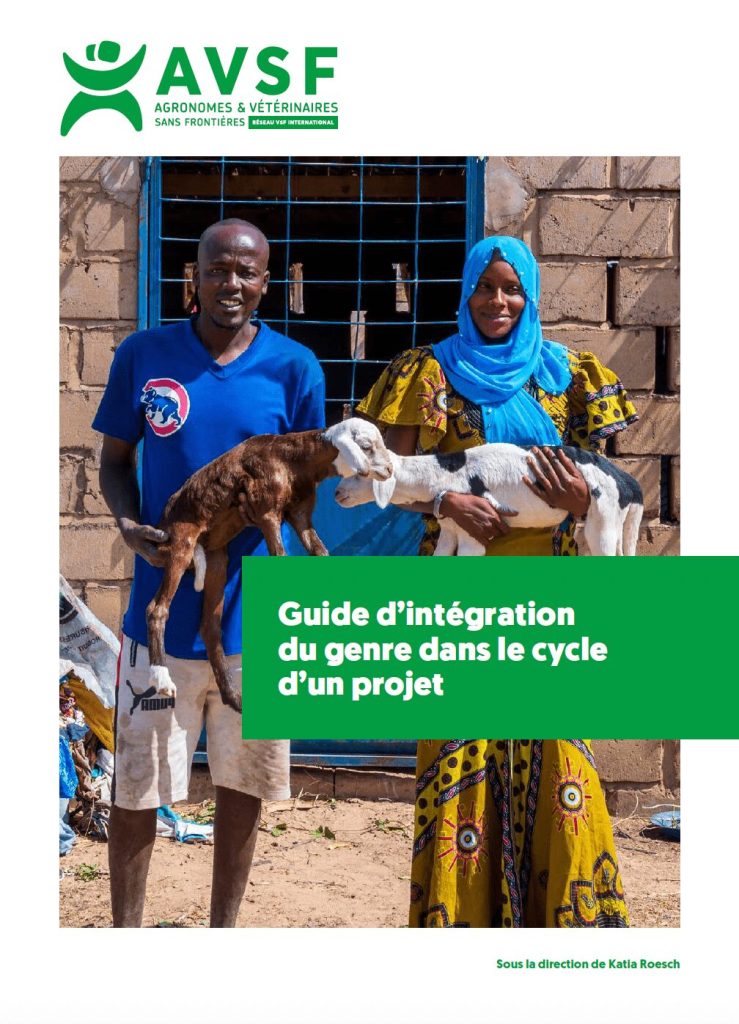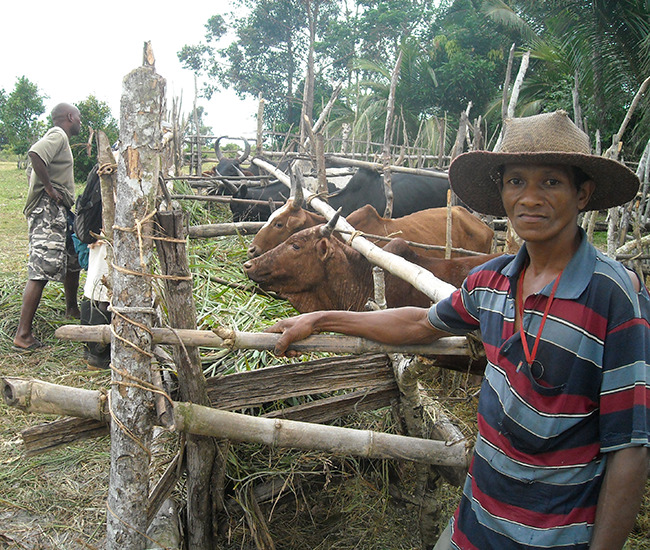Handbook for the evaluation of agroecology : A method to evaluate its effects and the conditions for its development
Methodological guide
Agroecology is increasingly evoked at the core of international discussions on the future of food and agricultural systems across the world, emerging as one of the pertinent responses to major global challenges in terms of economic & social development and the environment, largely reflected in the Sustainable Development Goals (SDGs): improvement of food and agricultural systems’ performances, food and nutrition security, the environment, climate, employment, migration, and vulnerable rural populations’ resilience and adaptation to climate change.
An increasing number of initiatives – by NGOs, farmers’ & professional agricultural organisations, research centres, academic institutions, public companies or institutions – are now supporting transition processes via promotion and support of agroecological practices and systems.
However, the majority of these stakeholders do not yet have tools to evaluate the effects of the development of agroecology. On the other hand, there is a certain degree of scepticism about the pertinence and feasibility of agroecology as a response to the issues mentioned.
This reticence concerns the agronomic, socio-economic and environmental effects and impacts of agroecology, and it exists both in farming circles and decision-making circles. Some agroecological practices have existed since ancient times and on considerable scales. Numerous one-off studies and evaluations have been conducted in recent years, but these only cover a limited spectrum of agrosystems, territories and practices. They are sparse, partial, incomplete, and conducted using different methods and tools. There is still a lack of systematic references produced using a reliable common methodology, and this is a major handicap for decision-makers.
In this context, GTAE’s member organisations – Agrisud International, AVSF, Cari and GRET – undertook the development of this handbook in partnership with AgroParisTech, Cirad and IRD: it is intended as a common methodological tool for the evaluation of agroecology and aims to be easily useable by development stakeholders, with possible support from research or training institutions, making it possible to:
– on the one hand, evaluate the agronomic, socio-economic and environmental effects of these practices and systems
– on the other hand, evaluate the conditions for development of agroecological practices and systems, i.e. favourable factors and obstacles for their development.
The objectives of this common methodology making it possible to obtain comparable evaluation results from various regions are:
1- Evaluation by development stakeholders of the results and effects of their agroecology interventions, thanks to methods and indicators adapted to the objectives of these interventions.
2- Creation of references on the economic, social and environmental performance of agroecology in order to have solid, objective arguments to convince donors and decisionmakers, in particular public decision-makers, of the benefits of supporting and promoting agroecological practices and systems.
3- Identification of conditions for the development of agroecology that could be considered in the design of public interventions and policies in favour of agroecology.
GTAE drew from its previous work, in particular re-using the method for evaluation of agroecological practices and systems implemented in 2017 in three West African regions (Burkina Faso, Senegal and Togo) in partnership with AgroParisTech and various universities and NGOs, with support from ECOWAS and AFD (CALAO project), enriched and completed with nine other approaches and methods for the evaluation of agroecology implemented by other stakeholders, which were presented and discussed at a methodological workshop organised in Paris in December 2017, with support from AFD and FFEM.
This handbook is a first methodological document, which will be improved and adjusted based on findings when the tools and methods proposed are implemented in future evaluation work conducted by GTAE and its partners.
